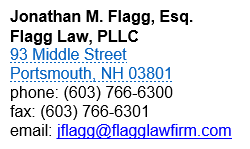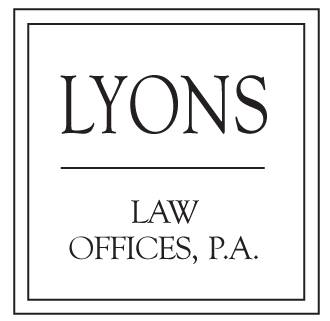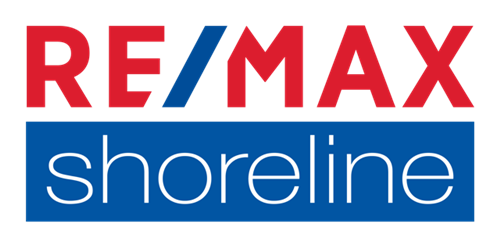Rotary Log for January 28, 2016
Rotary Log for January 28, 2016
By Russ Grazier, Jr.
Photos by Tube Loch

Our January 28th meeting opened with the welcoming of guests, who this week included past Mayor Robert Lister and Will Backus, a visiting Rotarian from Munich, Germany. President Bill reminded us of the upcoming World Peace and Understanding Dinner in Portland in February, encouraging Rotarians to attend. The Peanut Butter Drive was launched as well - if you haven't brought in your donation, the club will be accepting jars of peanut butter for the next few weeks.
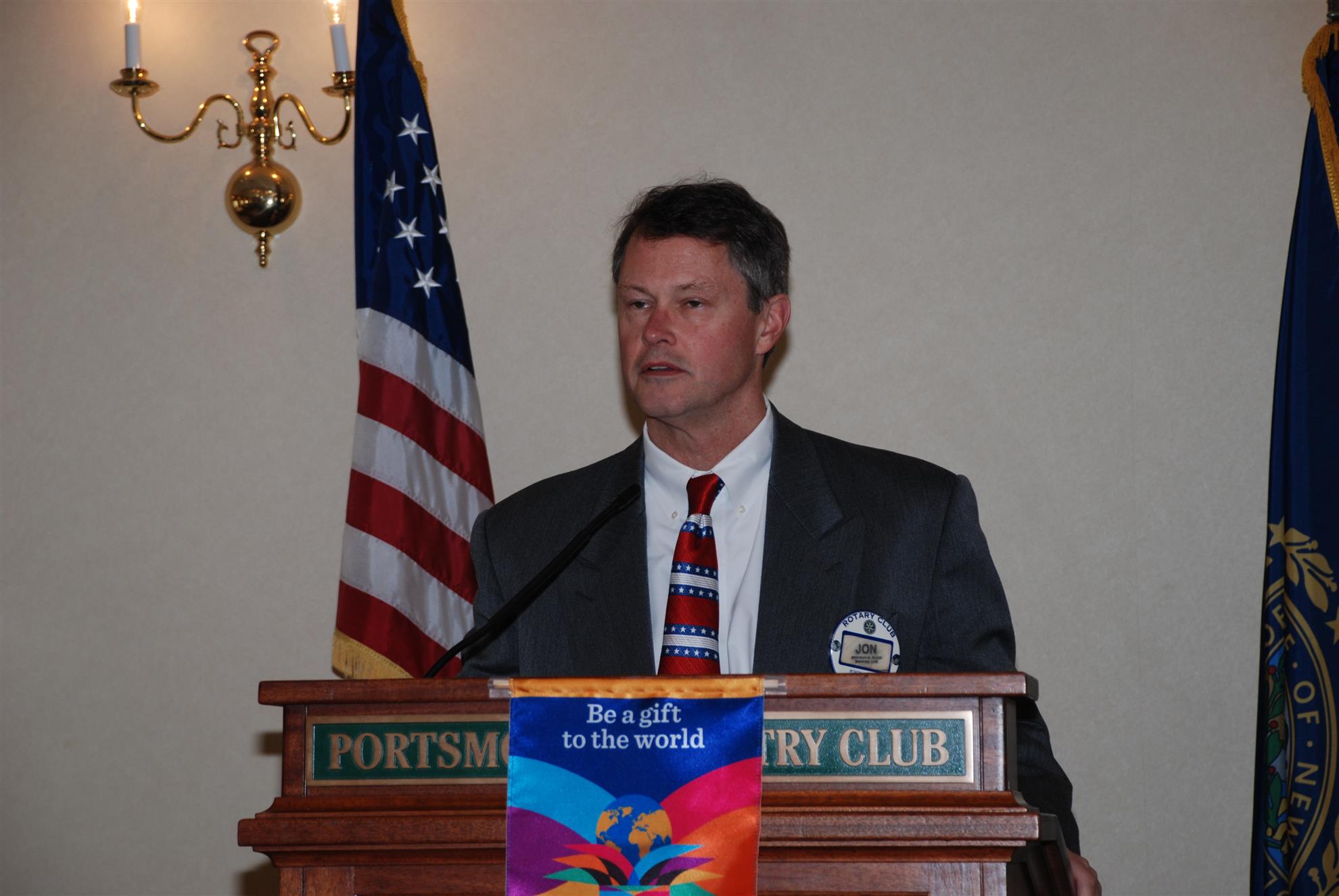
John Flagg introduced our guest speaker, Judge Tina Nadeau, chief justice of the NH Superior Court. Judge Nadeau earned her degrees right here in New Hampshire at UNH and Franklin Pierce University. She began her career as Assistant Attorney General in the Homicide Division in 1989.
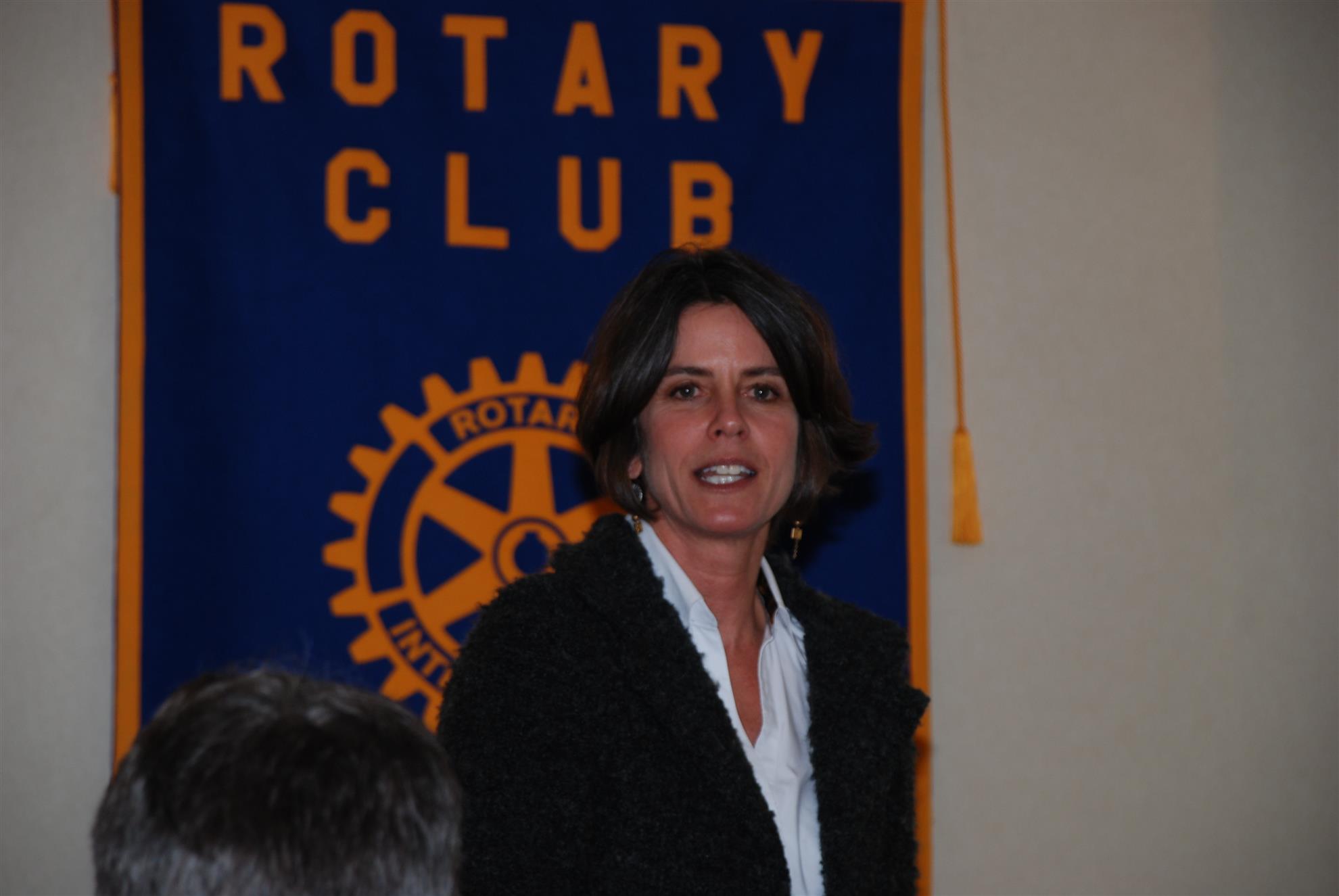
Judge Nadeau came to the club to talk about the state's Drug Court, where justice and treatment meet. Drug Court has become a solution for challenging cases where prison time is not the best solution. Judge Nadeau expressed concern that we are incarcerating people at a high rate for addiction and mental illness. NH has the highest addiction rate in the country and is the second lowest rated state when it comes to treatment and intervention.
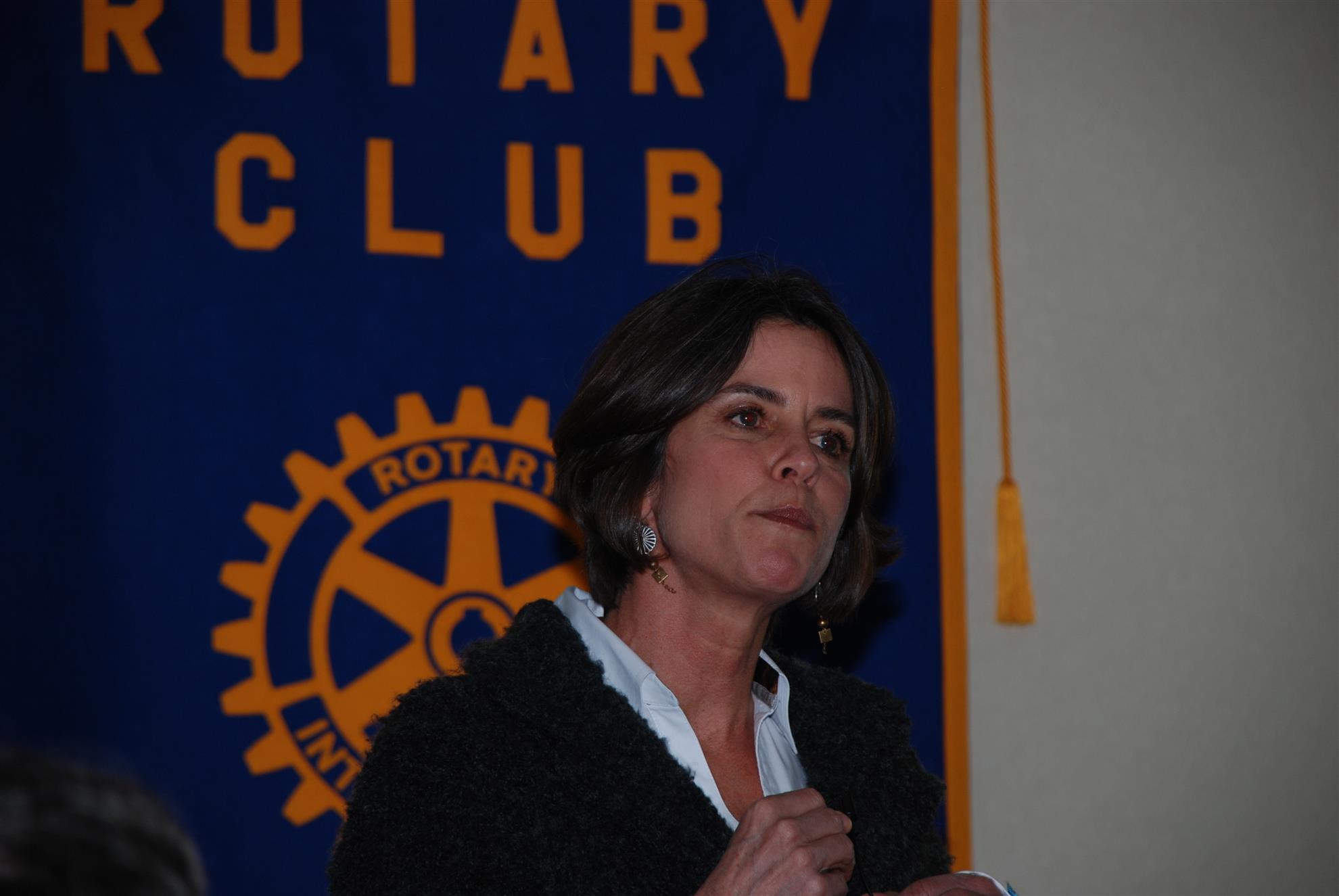
Incarceration for drug-related crimes costs the state $30,000 per person, per year, while treatment only costs the state $8,000. Additionally, only 22% of individuals who successfully go through Drug Court commit a crime again, while 69% of those who are incarcerated are repeat offenders after release. Drug Court returns offenders to the community as contributing members.
In drug court, the defendant pleads guilty and receives a suspended sentence. The participants appear in court weekly and are required to participate in three hours of cognitive behavioral therapy for three days each week. They attend daily self-help meetings and are subject to random drug testing twice each week. They must regularly report to their probation officer and they receive random home visits. In the late stages of participation, the participants get jobs, often get their GED, and pay restitution. In Drug Court people don't get punished for sick behavior, only poor behavior.
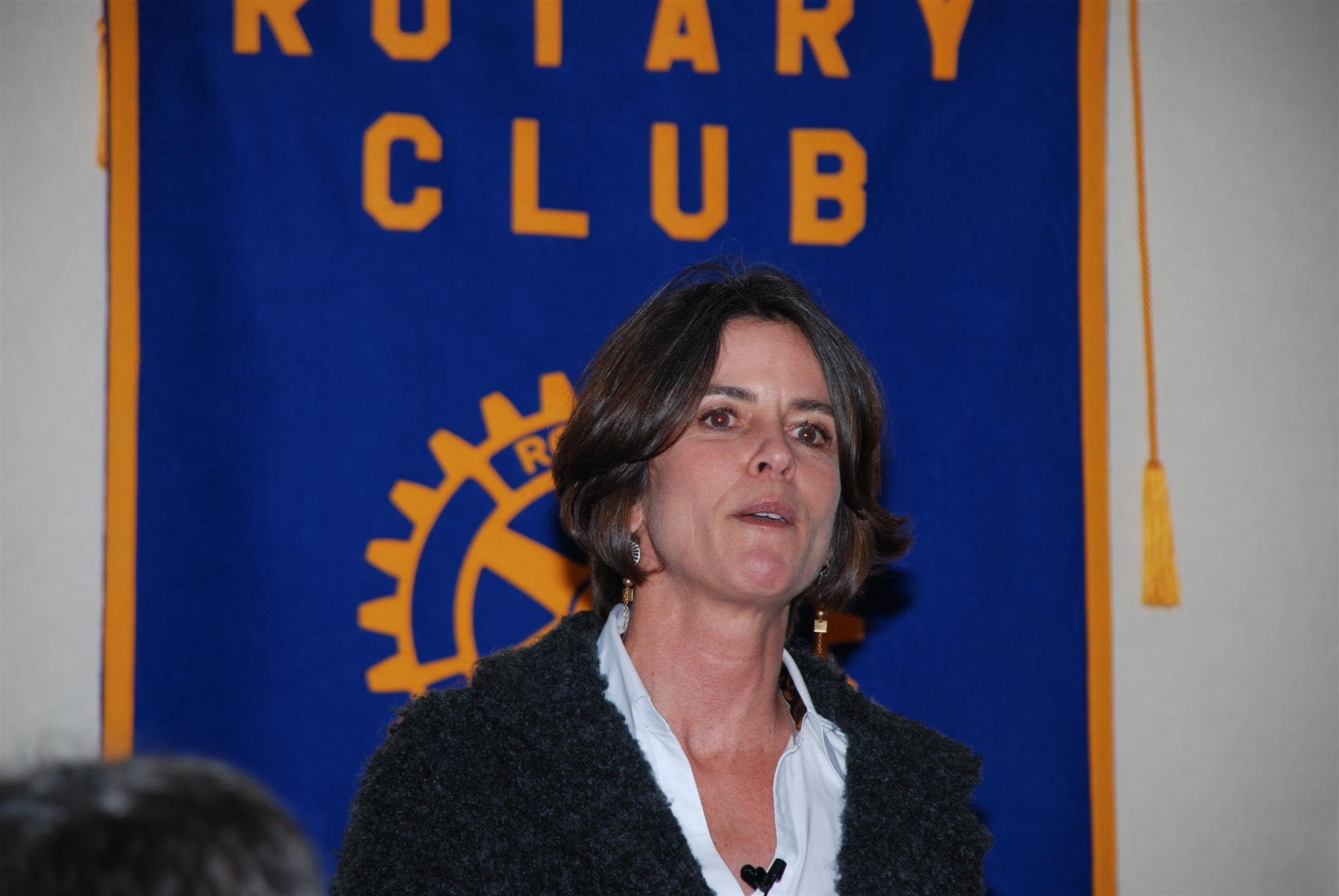
Drug court judges are trained to say four positive things to participants for every negative statement they make. Judge Nadeau noted that most of the individuals in Drug Court have suffered severe trauma in their lives. Drug court is not about scare tactics, it's about education and talk therapy.
Judge Nadeau closed letting us know that the first time ever the state has legislation pending that would fund drug court.
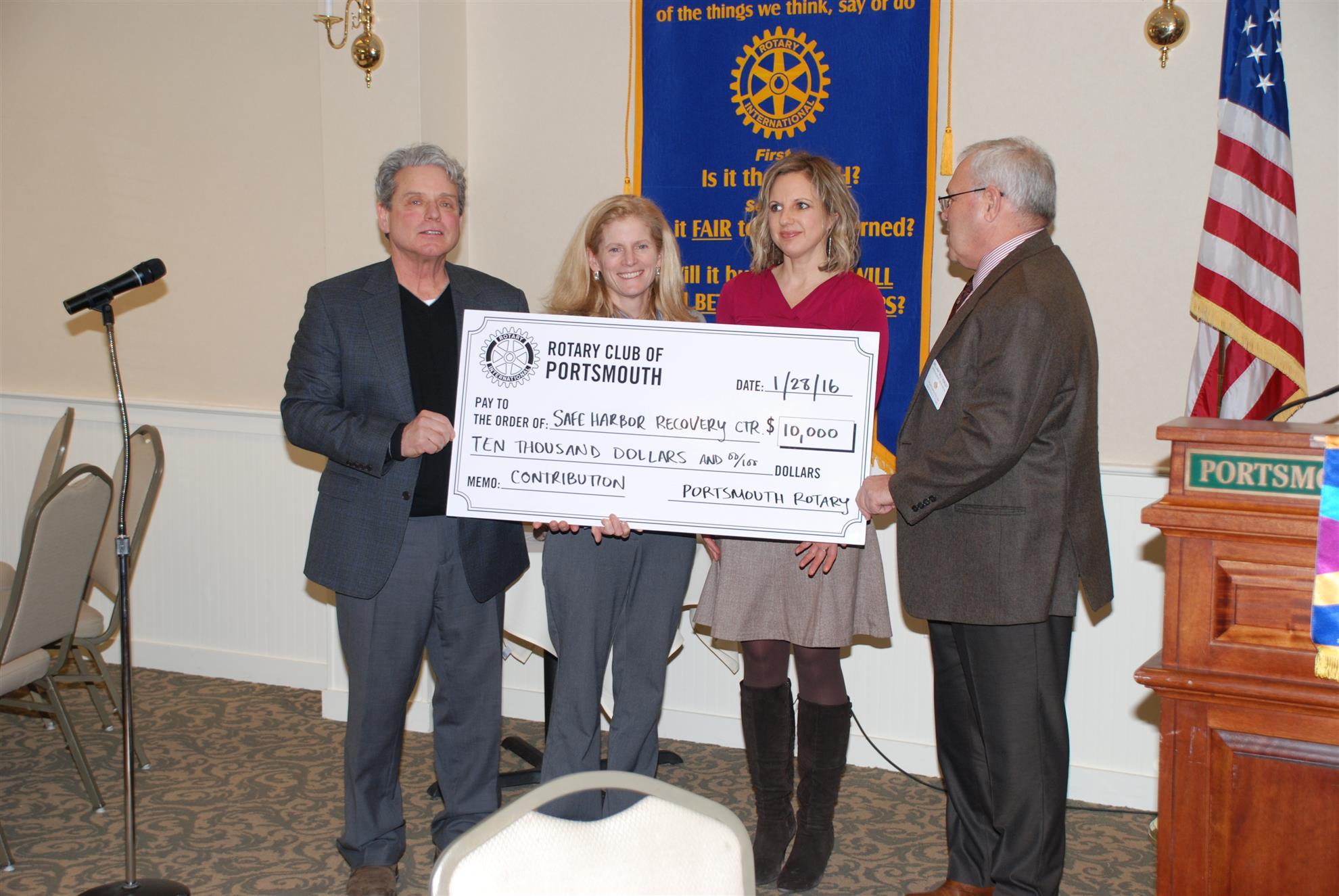
The meeting finished with a donation of $10,000 to Safe Harbor Recovery Center. The donation was funded by the presidential discretionary donations of Tricia Cummings and Bill Hurley plus additional funds from the Jeremy Alex Fund. The check was presented by Presidents Bill and Tricia and Ted Alex.
Respectfully submitted,
Russ Grazier, Jr.
Interested in being a sponsor?
Download the website sponsorship guide
Download the website sponsorship guide





